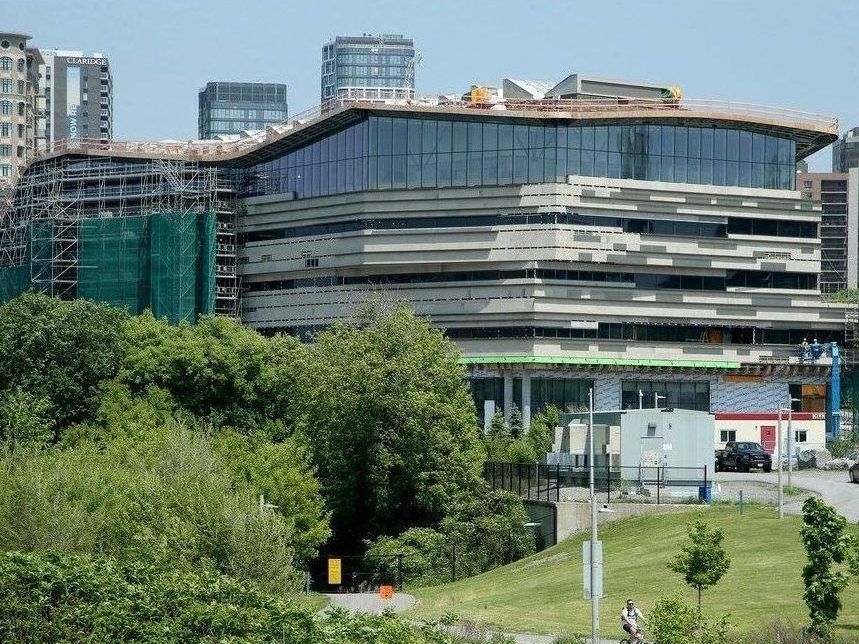In a dramatic reversal from a few years ago, virtually all Toronto neighbourhoods are now seeing homes go for under asking.
Ninety-eight per cent of GTA neighbourhoods with at least five sales in August saw homes go for less than the advertised sale price, according to new data from Canadian digital real estate platform Wahi.
That’s a three-year high, the company reported, up from 95 per cent in July and 89 per cent the same time last year.
“It’s a weak market all around,” said Wahi economist Ryan McLaughlin. Demand is “drying up” for condos, he added, due to a “number of factors.”
They include a soft labour market, slowing immigration, and economic uncertainty caused by the trade war, which are happening at the same time that a lot of new projects have been completed.
Lowrise homes don’t have the same supply surplus, but the condo woes are spilling over, McLaughlin added.
About 94 per cent of neighbourhoods with at least five single-family home sales were underbid compared to 97 per cent of neighbourhoods with at least five condo sales.
Some of the underbidding could reflect a strategy by realtors to deliberately list low and attract more attention, McLaughlin said.
But the data does suggest that people are putting their homes up for sale for more than what they’re going for and “prices are moving down.”
If a majority of homes in a neighbourhood sold for under asking in August, and there were more than five homes sold, the neighbourhood was classified as “under bid,” he added.
Overall, almost 80 per cent of homes that were sold in August in the GTA went for less than what they were listed for, compared to 76 per cent in July and 71 per cent a year ago.
Real estate company HouseSigma provided exclusive data to the Star in June that also reported an increase in underbidding.
Meanwhile, August numbers from the Toronto Regional Real Estate Board (TRREB) showed the average home price continuing to drop year-over-year for the seventh straight month.
Andrew Harrild, co-founder and broker at Condos.ca and Property.ca, said listings are going “almost exclusively” for under asking right now.
“Unless you’re selling something that’s really rare, like the perfect condo in the right building in the right neighbourhood, which doesn’t come along very often,” he said.
“But by and large, your more generic condo or your typical home is selling under the asking price, because there’s simply so much availability right now.”
This is particularly true in the condo market, where underbidding is more “aggressive” because there are so many unsold units under a million dollars, he added.
For example, there are 2,400 condos for sale in downtown Toronto right now, he estimated, and 2,000 of those are listed at under a million.
Robert Marsiglio, real estate sales representative with Valery Real Estate Inc., also said he’s seeing more underbidding lately.
The strategy of an “offer night” — when buyers are encouraged to submit their bids, meant to encourage offers over asking to get a bidding war going — is often not working.
Sellers who bought before 2020 are “more realistic” when it comes to sale price, he said.
“They don’t need some big number. It’s the people that bought in the last four or five years that maybe have mortgages coming up for renewal, they’re feeling like they have to sell, or maybe they’re trying to hang on for a larger number, because of what they paid.”
As for what happens next, Harrild is looking ahead to the next interest rate announcement from the Bank of Canada in mid-September.
The condo market in particular is “more sensitive to interest rate fluctuations,” he said, because there are a lot of entry-level buyers.
If the central bank does cut that rate it could “move the needle somewhat,” he added.



